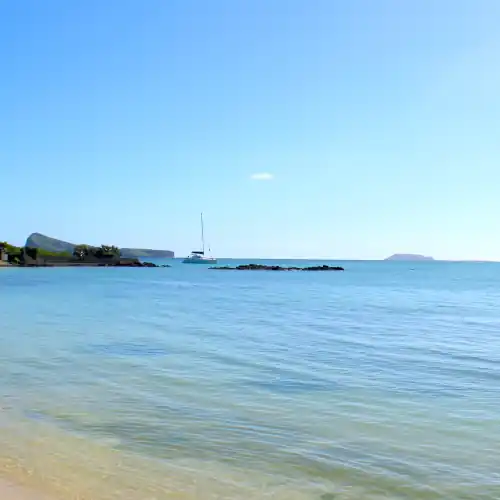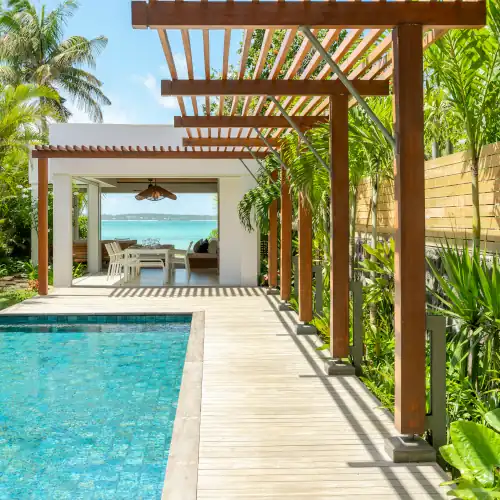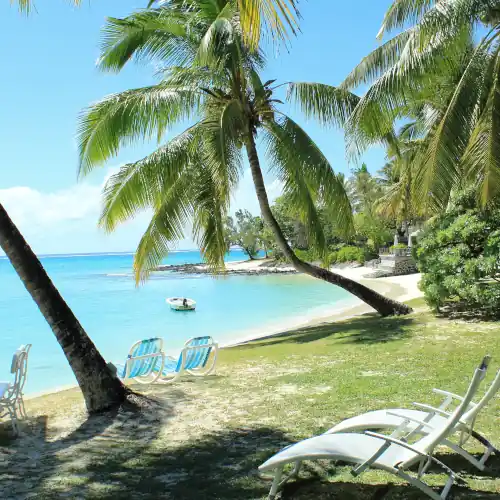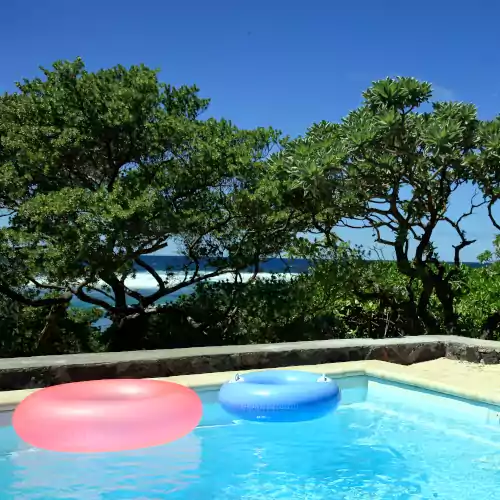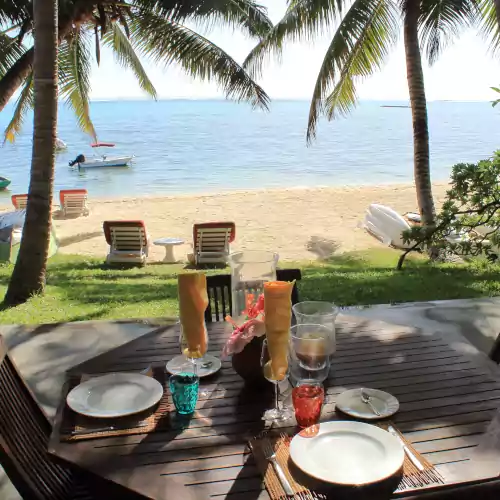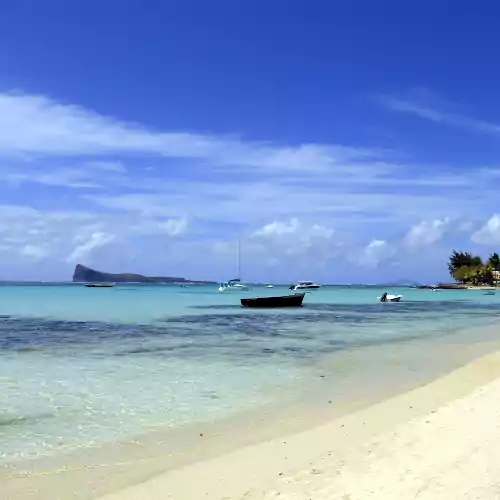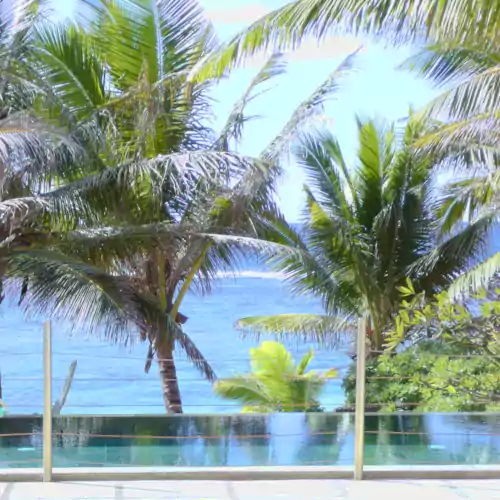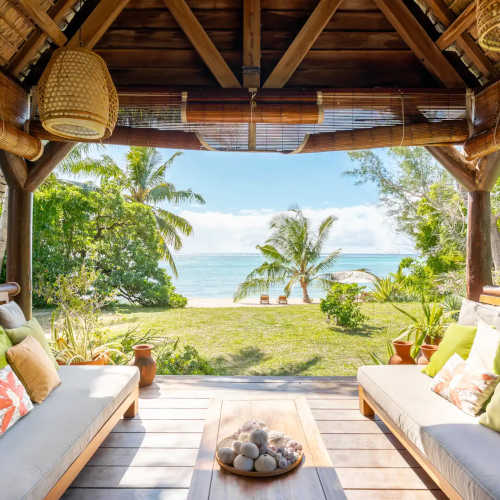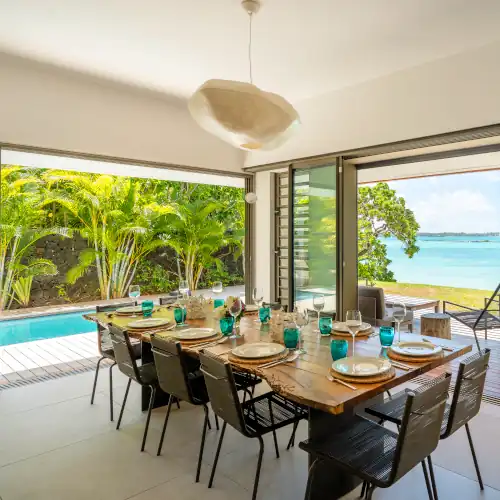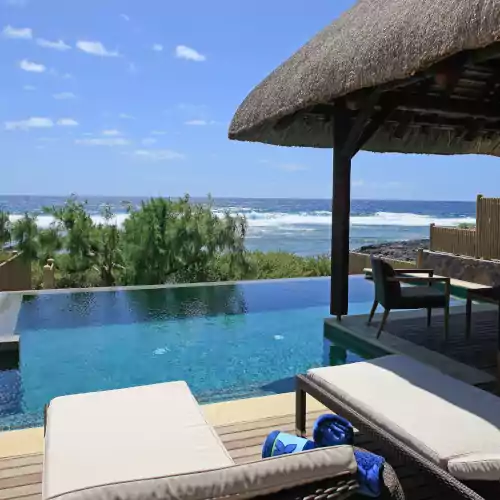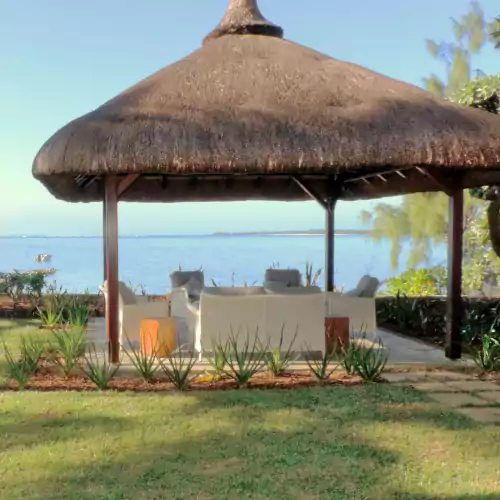
Inclusive Tourism
Worldwide, travel and tourism combined, rank high among human-economic activities in terms of environmental footprint. In terms of greenhouse gas emissions it represents about 8 % of the total human-induced carbon-dioxide equivalent (Co2e). If transport is often pointed for being responsible for nearly half of this count, accommodation, our segment, contributes up to a non-negligible 6% of the industry’s total, which is nearly half a percent of the carbon emission of the entire world.
Carbon is however far from being the sole type of impact on environmental caused by travel & tourism. The degradation / loss of biodiversity and the effects on local communities are other aspects to be considered; they are less often mentioned owing to the their subjective and less measurable nature. Fortunately, the evaluation of ecosystem services is becoming a recognised methodolgy and is being increasingly used and adopted by different countries and trades; it is set to become a core tool for sustainability management. Since it takes into account the contribution of ecosystems to human livelihood – including their spiritual and wellness values – the effects on local communities are fairly well-reflected in the evaluation of the environmental footprint of an activity such as tourism.
Because we are convinced that tourism is also a direct beneficial vein to small isolated island states like Mauritius, on both economical and societal standpoints, we remain fond of our activity but believe that no matter how small our microbusiness is, it is of utmost importance that, as stakeholders of the tourism industry, we contribute to its sustainability by reducing at best its negative impacts.
Our best intentions are however not sufficient for reaching measurable actions. Every single step requires the participation of all actors and stakeholders – the authorities, the property owners, our guests. As a microenterprise, we could easily lighten our conscience by contemplating our ultra-light footprint next to those along our value chain. But it takes a societal revolution to continuously adopt a true and sincere sustainable approach to our business activities, travel practices or everyday life; and a revolution cannot take place from individual initiatives alone. Incentives and regulations are necessary for an effective environmental conservation policy to be successfully implemented over time. The carrot and the stick could come from the authorities, the market (our guests), preferably both.
Mauritius has a new government since November 2024, with clear ambitions as regards to the protection of the environment. Ambitious actions and policies have quickly been taken, justifying our hopes of seeing a radical change as early as 2025. The time to action is imminent; we kept our powder dry and our initial plans ready.
BookMauritius Villas will adopt and encourage sustainability practices wherever and whenever it is practically possible through:
a. The sensitisation of the accommodation owners / managers about the importance and contribution of the natural environment to the success of our / their business.
b. Through information campaigns, providing evidence about the vulnerability and sensitivity of a coastal environment and the possible impacts which the activity of tourism – lodging in particular – can have on them.
c. Sensitisation of owners / managers as regards to the importance of ecosystem services in the preservation of the environment as a whole, including their contribution to the livelihood of local communities, which constitute direct and indirect improvements of the touristic destination.
d. Inviting owners / managers in reviewing access restrictions (if any) to beaches by putting forward the concept of common natural capital which coastal regions and scenic landscapes represent.
e. Encouraging good practices in terms of land coverage, planting, hard infrastructures and building in order to:
– reduce / slow-down or where possible reverse the process of beach erosion,
– reduce at best the impacts of run-offs and grey water,
– encourage enrolment in waste-sorting and collecting service – not offered by state, –
– avoid loss of identity in terms of both architecture and garden setting,
– improve natural habitat for endemic species through thoughtful planting & gardening,
– reduce dependency on air-conditioning through improved natural ventilation,
– reduce light pollution and energy consumption by considerate garden lighting and the use of timer switches.
f. Calculating scope 1 and Scope 2 carbon dioxide equivalent (Co2e) emissions and encourage guests and owners to:
– reduce power consumption via a series of adapted measures,
– offset the guests’ carbon footprint via a recognised compensation mechanism that brings financial support to locally-based carbon-sinking or emission-avoidance operations such as solar farms.
g. Support initiatives from, and encourage encounters with, local communities by:
– proposing local visits and excursions handled by nearby villagers; training them when necessary.
– encouraging local buying by facilitating a “from farm to fork” network.
While our programme awaits, I am an active member of mru2025 an NGO, focused in the preservation of the coastal regions of Mauritius.
Thanking you for your attention,
Bernard Cayeux
Founder & managing director of BookMauritius Villas.
Find Villas
